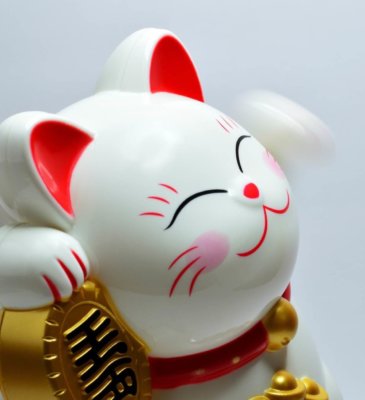
YouTube / iTunes / Spotify / Radio Public / Pocket Casts / Google Podcasts / Breaker / Overcast
Listen to ArtisanEnglish.jp posts & lesson intros here.
Word of the Day: Pan out
We can’t predict how the future will pan out.
We can prepare for it, but we can’t predict it.
That means that once we have prepared in every way we know, the only thing we can do next is wait to see how everything pans out.
Pan out means to develop.
A situation can pan out well or poorly, but the term is often used positively.
When I first came to Japan, I had no idea what would happen, but looking back on my many years in Japan, I would say that everything has panned out well.
You’re probably wondering about the origin of today’s word of the day.
Well, it comes from panning for gold in California.
One of the simplest ways to find gold is to use a pan.
You put some dirt from a riverbed in your pan with a little bit of water and swish it around, allowing the lighter grains to fall out until, hopefully, you have some grains of gold in your pan.
If things panned out well, you found gold.
If things didn’t develop well, you didn’t find gold.
Yes, people still use this method today.
I’ve never tried it myself.
I think I’ll stick to teaching English.
Flesch-Kincaid Readability Test
This post is understandable by someone with at least a 6th-grade education (age 11).
On the Flesch-Kincaid reading-ease test, this post scores 83.
The easier a passage is to read, the higher the score on a scale of 0 – 100.

